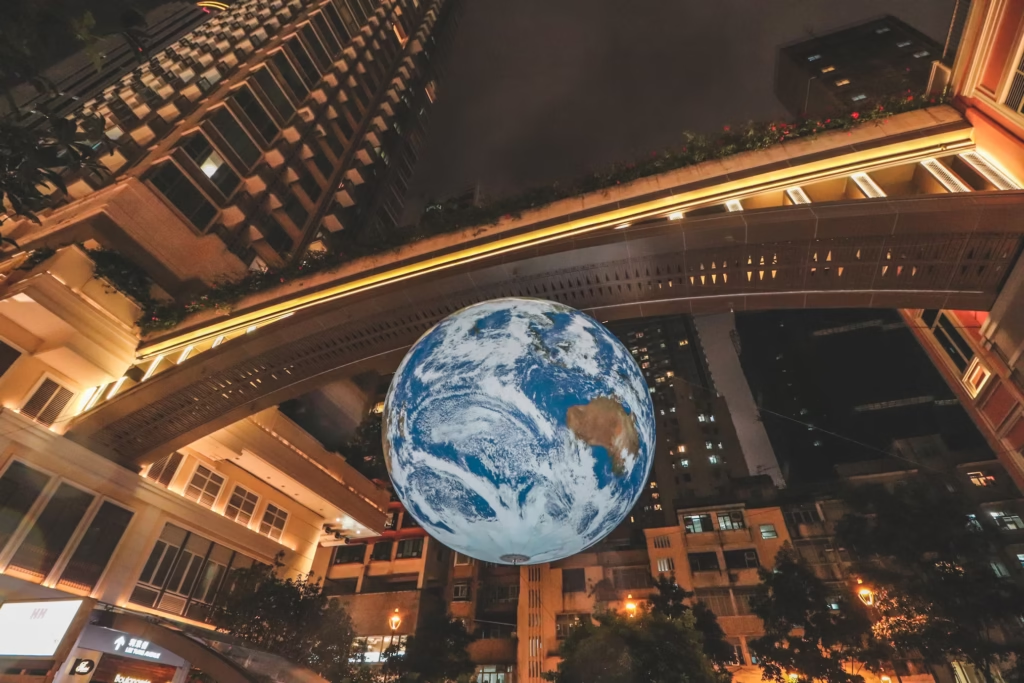The global economy is constantly evolving, with numerous factors influencing its trajectory. As we move into 2025, there are several key trends that will shape the future of economies around the world. From technological advancements to geopolitical shifts, businesses and governments must prepare for these changes to remain competitive and resilient.
Technological Advancements: Revolutionizing Industries
Technology is one of the most significant drivers of change in the global economy. In 2025, Artificial Intelligence (AI), automation, and blockchain will become even more integrated into everyday business operations. AI will continue to revolutionize industries like healthcare, finance, and manufacturing, while blockchain will provide greater transparency and security in digital transactions. Automation, especially in the form of robotics and AI-driven systems, will alter labor markets and improve efficiency across many sectors.
For businesses, investing in these technologies now is key to staying competitive. Companies that harness the power of AI and automation will gain a significant advantage in terms of cost-efficiency and innovation.
Trade and Globalization: Changing Dynamics
Trade will continue to be a cornerstone of the global economy, but it will look different in 2025. New trade agreements, such as those focusing on green technology, will replace older models that prioritized low-cost manufacturing. We will likely see a shift towards more localized supply chains as companies seek to minimize risks related to global disruptions like pandemics or geopolitical conflicts.
Countries will need to rethink trade policies to adapt to this changing environment. Globalization isn’t going away, but it’s evolving into a more sustainable and localized model that focuses on resilience and long-term growth rather than short-term profits.
Sustainability and Green Growth: The Push for Eco-Friendly Innovation
In recent years, there’s been a significant push for sustainability, and this trend will accelerate by 2025. Governments and corporations alike are focusing on green growth as a way to mitigate climate change and secure future resources. The renewable energy sector is expected to experience rapid growth, alongside innovations in electric vehicles, sustainable farming, and eco-friendly manufacturing processes.
Sustainable investment will become a priority, with an increasing number of funds being allocated to green initiatives. In addition, as consumers become more conscious of their environmental impact, businesses will need to adopt greener practices to remain competitive.
Conclusion: Preparing for the Future
To navigate these changes, businesses and governments must invest in emerging technologies, embrace sustainable practices, and be prepared for evolving trade dynamics. While the future may seem uncertain, those who stay ahead of these trends will have a better chance of thriving in 2025 and beyond.
